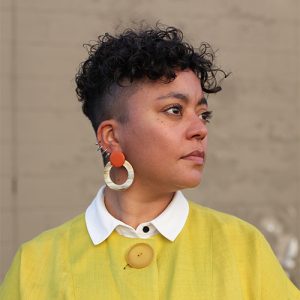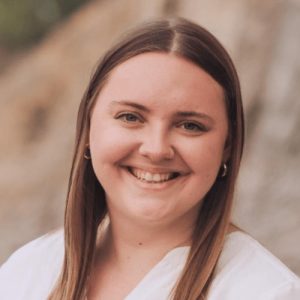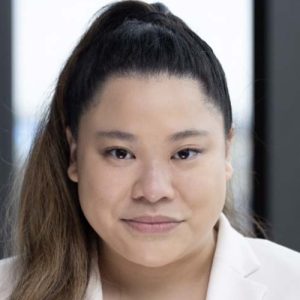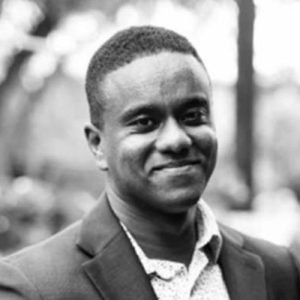Health Equity Minor
The Health Equity Minor is a graduate minor that allows students to specialize in studying health disparities and inequalities. A firm understanding of the structural factors that cause health inequalities will help prepare students to enter the professional world of public health as an effective advocate. The minor is 7 credits for Master’s students and 12 credits for PhD students.
An alumni’s open letter for people considering the Health Equity Minor

Hadija Steen Mills [they|she] is a queer, mixed-Black parent of twins who was born and raised on Dakota land commonly known as Minneapolis. They received both a Master in Public Health and Bachelor’s in Science from the University of Minnesota. Hadija is passionate about the creation of a world free of inequities and advocates for autonomy for the most systematically oppressed.
Hadija is the founder of the Healthcare Reparations Cooperative that pushes for unifying, creative, and anti-oppressive approaches to a new world where community care elicits health and healing.
Health Equity Minor Spotlights

Madie Cordell
Madie Cordell is a Master of Public Health student in Epidemiology graduating May 2024. She received her B.S. in Microbiology also for the University of Minnesota with a public health minor. Madie currently works at the Minnesota Department of Health in the vectorborne disease unit conducting routine surveillance.

Christine Do
Christine Do is a first-generation student and will graduate in May 2024 with a Master’s in Healthcare Administration (MHA). Before pursuing her MHA, she graduated from the University of Minnesota in 2020 with a Bachelor of Applied Science (BASc) in Health Services Management and a Bachelor of Science in Sociology (Health Care and Careers). She has always been drawn to healthcare and her passion for health equity, interdisciplinary work, and social determinants of health grew throughout her postsecondary years, especially as the COVID-19 pandemic began.

Mohammed Farah
My name is Mohammed. I was born and raised in Khartoum, Sudan. From a young age, I was immersed in a cultural environment that greatly emphasized justice and equity as foundational moral values. However, I often found myself bewildered by the contradictions between these ideals and reality. In 2013, I graduated from pharmacy school in Sudan and moved to the US the following year to pursue a career in pharmacy.
